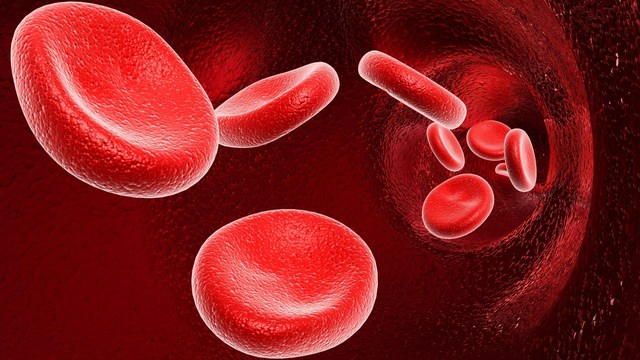For most of the population, it's good news that Hodgkin lymphoma (also called Hodgkin's lymphoma) is rare and highly curable. But for patients who are not cured by chemotherapy, radiation therapy, or stem cell transplantation, the rarity of the disease is a big disadvantage. The estimated median survival time is less than three years in these cases. The small number of patients makes it difficult to conduct clinical trials that can produce statistically significant results for new treatment options. In addition, pharmaceutical companies are understandably reluctant to invest large amounts of money in new drugs that may help only a small number of people. A recent article from the M. D. Anderson Cancer Center reports that no new drugs have been approved for Hodgkin lymphoma in the United States for the last 30 years.
However, there are many clinical trials in progress for treating Hodgkin lymphoma with drugs that have already been approved for other purposes. In addition, Reference 1 reports research is underway for novel strategies to develop new Hodgkin lymphoma drugs. Reference 2 reports there is a strong “age gradient” for response to treatment: the best results are seen in children, while older adults have significantly worse outcomes. Researchers hope to understand the differences in disease biology in order to develop more effective treatments.
Classical Hodgkin lymphoma has four subtypes:
1. Nodular sclerosing
2. Mixed cellularity
3. Lymphocyte depleted
4. Lymphocyte-rich.
Nodular lymphocyte-predominant Hodgkin lymphoma is a fifth subtype that is less common than the classical subtypes.
Risk factors include:
1. Age. The age groups 15 to 40 and over 55 have the highest risk. The median age of patients who are not cured with current therapies is in the mid-30's, so this disease has a remarkable impact on years of life lost
2. Family history
3. Males are slightly more at risk than females
4. Epstein-Barr infection
5. Compromised immune system from HIV/AIDS or organ transplant
6. Geography: the United States, Canada, and northern Europe have the highest incidence
7. High socioeconomic background is associated with a higher incidence. This unusual association may provide further clues for research
References:
1. Younes A, “Novel treatment strategies for patients with relapsed classical Hodgkin lymphoma”, Hematology Am Soc Hematol Educat Program. 2009: 507 – 19.
2. Punnett A et al, “Hodgkin lymphoma across the age spectrum: epidemiology, therapy, and late effects”, Semin Radiat Oncol. 2010 Jan; 20(1): 30-44.
3. More information online:
http://www.mayoclinic.com/health/hodgkins-disease
Linda Fugate is a scientist and writer in Austin, Texas. She has a Ph.D. in Physics and an M.S. in Macromolecular Science and Engineering. Her background includes academic and industrial research in materials science. She currently writes song lyrics and health articles.




Add a Comment1 Comments
My son was diagnosed with Stage IV Hodgkins lymphoma in 1997. He completed ABVD and radiation treatments in 97, Stem cell transplant in 06, more chemo in 07, and radiation in 08, 09 and 2010. He is in remission again for 4 months. I believe my son is still alive and fighting after 14 years because he used some alternative herbs/drups in conjunction with standard chemo therapies for late state salvage therapy. It seemed the author was writing about our experience with Hodgkin s and the treatment dilemmas for salvage treatments. She certainly had all the facts.
Our experience also told us that the Oncologists and other supportive disciplines do not have the experience or resources to rely upon for guidelines for these type of patients. In our case our Oncologist supports the treatment decisions we make in this unknown territory. J.Dungan
September 28, 2010 - 4:04pmThis Comment